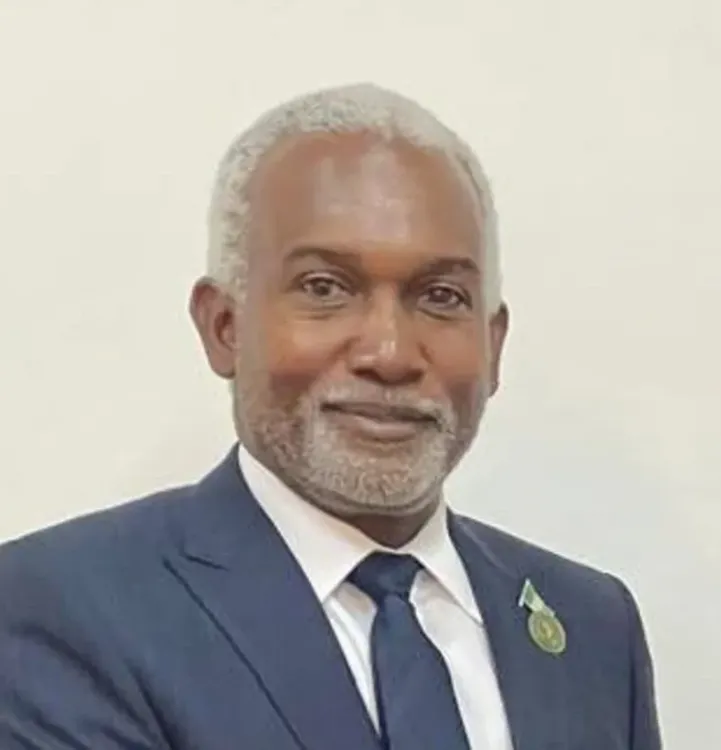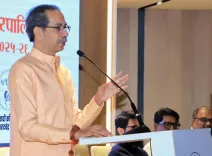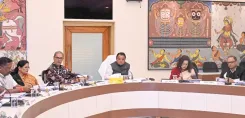Is the US Pressuring Africa to Accept Venezuelan Deportees?

Synopsis
Key Takeaways
- Nigeria refuses to accept Venezuelan deportees due to internal challenges.
- U.S. pressure on African nations raises diplomatic complexities.
- Accepting deportees may create an unsustainable precedent.
- New U.S. tariffs might be retaliatory measures against Nigeria.
- Nigeria remains committed to diplomatic engagement with the U.S.
Abuja, July 11 (NationPress) - The Nigerian Minister of Foreign Affairs, Yusuf Tuggar, has revealed that Washington is applying significant pressure on African nations, including Nigeria, to accept Venezuelan citizens being deported from the United States, some of whom are coming directly from prison.
In an interview with local Channels Television on Thursday night, Tuggar emphasized that Nigeria would not yield to such pressure, indicating a new layer of complexity in diplomatic relations between Washington and African countries, as reported by the Xinhua news agency.
The foreign minister reiterated Nigeria's strong position against accepting these deportees, highlighting the prevailing socio-economic challenges facing Africa's most populous nation.
"It would be problematic for a country like Nigeria to accept Venezuelan prisoners. We are already grappling with our own issues," he stated, mentioning that with a population exceeding 200 million, Nigeria cannot accommodate foreign deportees, particularly those with possible criminal histories.
He warned that complying with such demands could create an unsustainable precedent for future deportations.
The minister also pointed to potential connections between this pressure and recent changes in U.S. policies impacting Nigeria. He noted the new 10% tariffs imposed by the Trump administration on Nigerian goods and the revised single-entry, three-month visa validity for Nigerian citizens could be repercussions of Nigeria's refusal to accept the deportees.
Tuggar dismissed previous speculation linking these measures to Nigeria's participation in the BRICS summit or its e-visa policy, characterizing such claims as a "false narrative of reciprocity from the United States."
The official affirmed Nigeria's commitment to diplomatic dialogue with the United States, citing ongoing discussions aimed at addressing these contentious issues and promoting mutually beneficial economic partnerships, while stressing the importance of communication in resolving bilateral differences.










